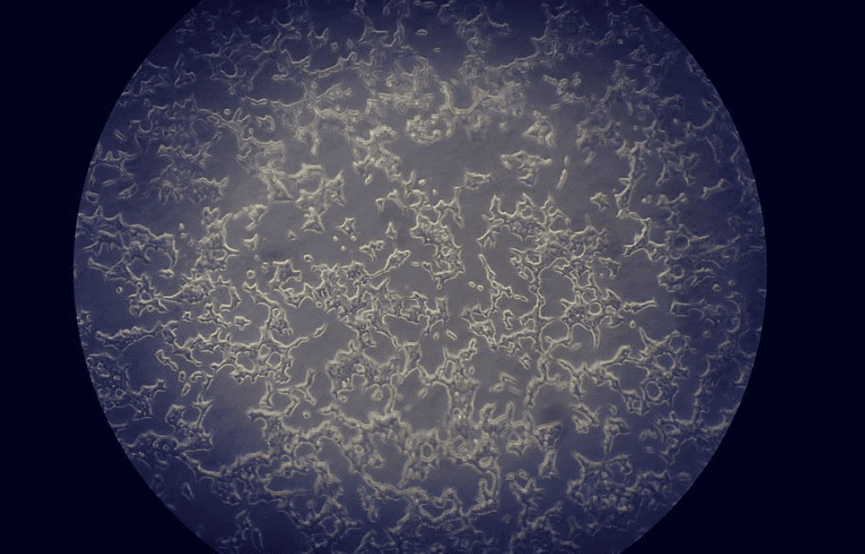
All cells serve a specific purpose, and each one plays an integral role in the function and survival of the human body. However, in individuals with type 1 diabetes, insulin-producing beta cells are destroyed leaving the body unable to self-manage glucose levels. Scientists have been trying to determine exactly why this occurs, and how to stop, prevent, or reverse it for years. Each day they learn a little more.
A recent study out of Germany examines dedifferentiation of beta cells as a potential cause for type 1 diabetes. Researchers believe that insulin-producing beta cells may lose their identity, which in turns causes a regression in function. They sought to target the affected cells using diabetic mouse models to see if they could redifferentiate the beta cells back to normal function, or at least preserve existing function if regression is caught early.
To do this, they invoked diabetes in mice using streptozotocin but left some functional beta cells. Then, they administered a combination of Glucagon-like peptide-1 (GLP-1) and estrogen in conjunction with long-acting insulin. The drug was directed to the dedifferentiated beta cells, and results showed that this combination treatment helped to “normalize glycemia, glucose tolerance, to increase pancreatic insulin content and to increase the number of beta cells.” They also found that when GLP-1/estrogen was used together, rather than each substance on its own, human beta cells also showed improved function.
The mice in the study showed no signs of systemic toxicity even when high doses of the drug were administered. This could help to ease the way when the treatment is ready to be used in human trials. Researchers want to further explore whether this treatment could be used as a form of regenerative therapy to redifferentiate dedifferentiated beta cells and stimulate insulin production. If type 1 diabetes was detected early on, the therapy could potentially be used to slow or stop cell regression.
This study could change the way that some researchers approach their work and inspire new studies aimed at treating or curing type 1 diabetes. Diabetes Research Connection (DRC) supports early-career scientists in pursuing this type of work by providing necessary financial resources. With proper funding, scientists can move forward with their projects and improve not only understanding of the disease, but also treatment options. The goal is to one day discover a cure.
